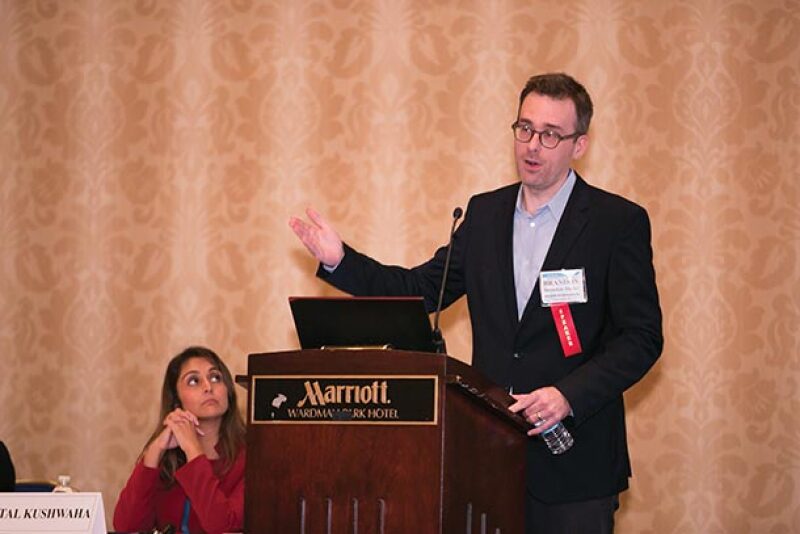
According to Butler, the decision is an important one because it is a refinement of fair use analysis by one of the most influential thinkers on the subject. Though the four fair use factors have been codified in the copyright statute since 1976, Butler said that application had long been “mushy” and somewhat inconsistent, with judges applying a range of concepts from equity concerns to market effect.
Even after the seminal Sony v Betamax case, fair use analysis was still relatively undeveloped. Butler said that Judge Pierre Leval, then of the Southern District of New York, admitted that he essentially had no theory of fair use even after years of applying it. In an attempt to fix this, Leval wrote an article looking at the history of copyright and argued that the concept is justified by utilitarian concerns, that the incentive for authors is a means to secure a societal benefit through increased human knowledge. Laval further suggested that fair use is justified by the same model – a use is fair if it serves to increase overall human knowledge. The theory of “transformative use”, that a use is fair if it transforms the original material and creates new information, embodies this.
Butler noted that a few years later, the Supreme Court strongly endorsed the theory of transformative use as an important part of fair use analysis in Campbell v Acuff-Rose Music. In fact, several scholars found that transformative use analysis has helped to make fair use jurisprudence much more consistent and less “mushy.”
Perhaps appropriately, last week’s Google Books decision was written by Judge Leval, now a judge on the Second Circuit. Twenty-five years after his influential article on fair use, he revisits the issue in what Butler described as a “tour-de-force” on his concept of transformative use.
In Google Books, Leval found that the service was transformative because it provided valuable information about the books, not the information inside. Furthermore, he thoroughly analyzed many key fair use issues, including the effect on the marketplace, commercial versus non-commercial use and the fact-expression dichotomy.
However, what is most interesting about the case is that Leval appeared to have added a new refinement to fair use analysis based on market concerns. In addition to requiring a finding of transformative purpose, a use is fair only if it does not provide a market substitute.
“Even if your purpose is new, the effect cannot be to provide market substitutes that substantially impairs the market of the original,” Butler explained.
“I think this is really interesting, and I think it’s new.”










